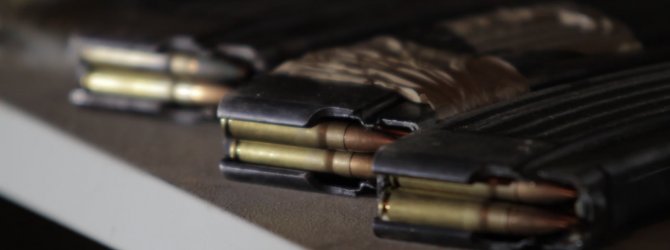The Return of a Heated Debate: Jordan’s New Firearms and Ammunition Bill
Back to home

04-Aug 2019
Jordan and the Spread of Weapons: A Crossroads?
Once again, a heated debate is dominating Jordan’s public sphere — this time ignited by the government’s proposed Firearms and Ammunition Bill, set for discussion in Parliament’s upcoming extraordinary session.
The bill’s most striking provision restricts all dealings in firearms and ammunition to the armed forces, security agencies, and public sector employees. It also bans the possession, sale, or import of hunting rifles with either fixed or detachable magazines. Most controversially, it requires citizens to surrender both licensed and unlicensed firearms within six months of the law’s approval and publication in the Official Gazette.
This sweeping change has sharply divided public opinion. Supporters and opponents — including retired senior officials, civilian leaders, and influential tribal figures — have all stepped into the fray. Jordan’s tribes, in particular, have historically played a central role in shaping the modern state, embodying a unique fusion of institutional governance and vibrant tribal heritage
